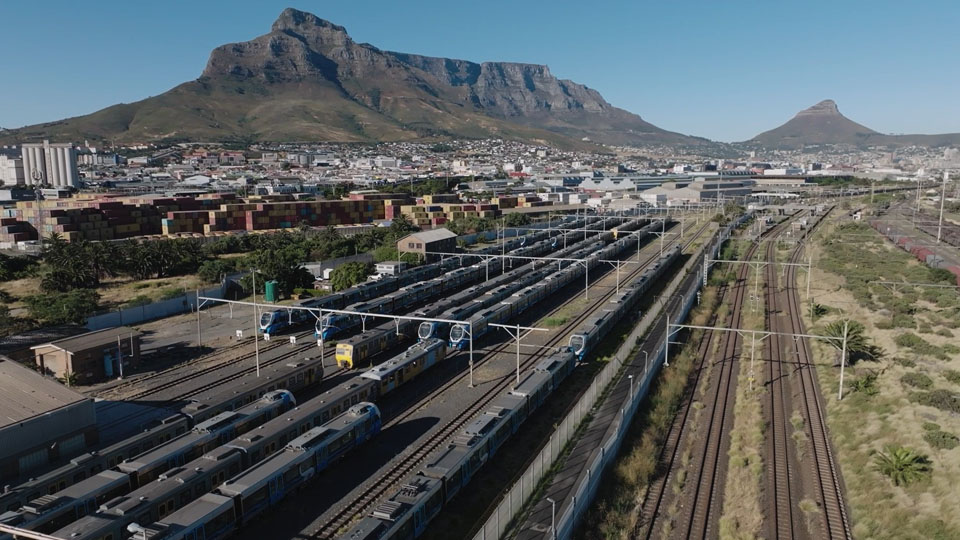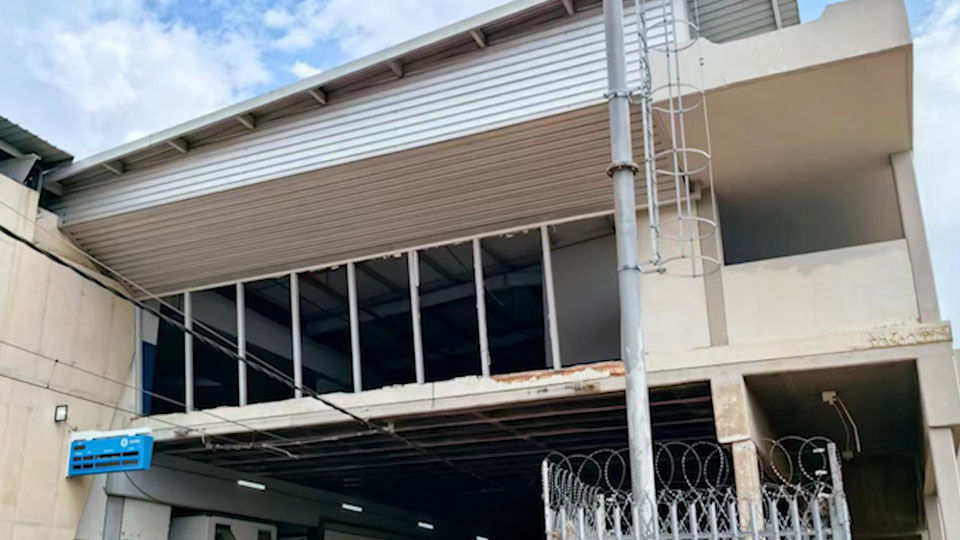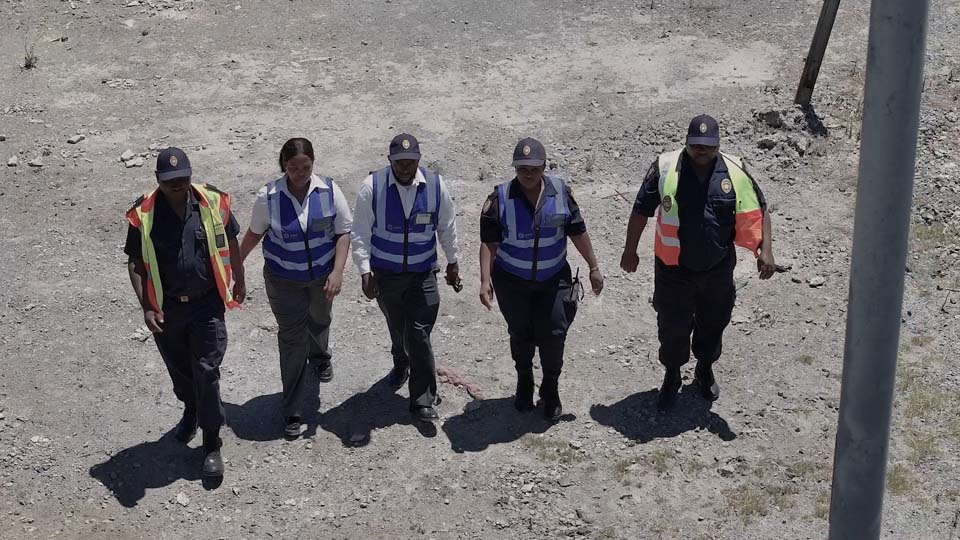Safeguarding South Africa’s Vital Rail System
Produkte, Lösungen und Services für Unternehmen
Smartphones, PCs & Tablets, Wearables, mobiles Breitband und mehr
Über Huawei, Nachrichten, Veranstaltungen, Brancheneinblicke und mehr
Railways are South Africa's most important means of transportation, providing nearly 80% of passenger transport capacity and more than 30% of the country’s ore transport capacity. But it’s a challenge to keep this vital infrastructure in good working order.
Thieves keep entering the tracks and restricted areas to steal essential equipment. And problems such as outdated infrastructure, old locomotives, and high maintenance costs are becoming increasingly hard to ignore. Fortunately, a Huawei solution based on vibration sensing optical fiber and AI machine vision is coming to the rescue of PRASA, the country’s main rail operator.

This video shows why PRASA relied on a Huawei solution to address an urgent theft issue on its rail network
One of the most extensive on the continent, South Africa's railway system spreads over 38,000 km of tracks. PRASA is the only integrated passenger transport group in the country, and the main provider of commuter railway services. Recently, PRASA has made significant progress in modernizing passenger railway infrastructure and renovating damaged stations. In particular, it has restored railway infrastructure in Gauteng Province where Johannesburg is located. Its next ambition is to digitalize operations and become a “smart railway” operator. The group’s efforts help to rejuvenate economic development countrywide.
But a constant challenge for PRASA has been theft. Especially when tracks are located near urban centers, as is the case for commuter trains, intrusions onto the railway perimeter have been frequent and resulted in heavy losses and high rehabilitation expenses. At times, wholesale plundering of certain sections of the system has led to service interruptions.

Rail is a critical transport infrastructure in South Africa
As the first layer of protection between the railway and the outside world, the purpose of the railway perimeter is to ensure safe operations. Interference near the railway perimeter poses challenges to the reliability and adaptability of perimeter protection. Such interference can be caused by vegetation and animals, complex weather conditions such as wind, rain, snow, and fog, and complex social environments such as contact from pedestrians and vehicles passing by.
Safeguarding railway perimeter protection is not a new problem. Some of the main flaws of these methods include a high frequency of false positive alarms, missed alarms, and poor system stability. In addition, the data these systems collect isn’t centralized. This makes it harder to generate alarms and the costs of managing these independent systems is higher than it should be, demanding extensive manpower to be truly effective. As a result, a lot of efforts have been expanded on integrating multiple complementary sensing technologies and increase their ability to detect different types of threats.

PRASA's CEO Hishaam Emeran demonstrates how the Huawei solution displays alarms.
Huawei’s solution uses an end-to-end railway perimeter security system to implement full-process security detection. The approach combines optical technologies and machine vision (an AI that analyzes video data.) The intelligent system integrates optical data with visual data into an upper-layer integrated management platform to detect, report, and acknowledge alerts, implementing full-lifecycle services of the railway perimeter security system.
This highly reliable solution has been developed based on research into current state-of-the-railways, an in-depth analysis of PRASA railway operations and needs, and Huawei's industry-leading technologies such as intelligent vibration-sensing optical fiber and video AI. With the support of the AI model, vibration-sensing optical fiber, and video surveillance, the solution delivers high stability and reliability in diverse scenarios, such as strong wind and heavy and heavy rain.

Thieves have at times in the past disabled entire stations.
"This is the world’s first application of optical-visual linkage detection in railways,” says Hishaam Emeran, CEO of PRASA. “PRASA is proud to so readily embrace innovative technologies. Huawei's optical-visual linkage perimeter protection solution truly solves actual security problems. I'm looking forward to the system being fully operational to bring the team to bring our shareholder to witness this significant investment that we have made around our deport facilities to protect our assets."
Protecting the integrity of PRASA’s system has implications for the whole of Africa. According to the African Union High Representative for Infrastructure Development, the lack of infrastructure interconnecting African countries is a continent-wide weakness, seriously hampering the exchange of goods, services, and people. To address this issue, the African Union's Agenda 2063 proposed a cross-border railway network project for intra-Africa interconnection. The project aims to establish an integrated railway network from Egypt to South Africa to connect the entire African continent, and South Africa's railway system will be an important part of this network.

PRASA security responding to an alarm. With traditional technologies, many alarms are false, wasting resources.
Based on specific global railway service scenarios, Huawei's Smart Transportation BU develops and continuously optimizes digital railway applications to accelerate service innovation and enhance the intelligence of global railways in intelligent construction, equipment, and operations fields. This meets the intelligent requirements for cost reduction, power consumption reduction, and reform and innovation, improving the quality and efficiency of transport operations as well as providing high-quality passenger and freight transport services. By improving railway operations security and efficiency while enhancing passengers' traveling experience, Huawei's solution helps South Africa PRASA get on the fast track to digitalization.